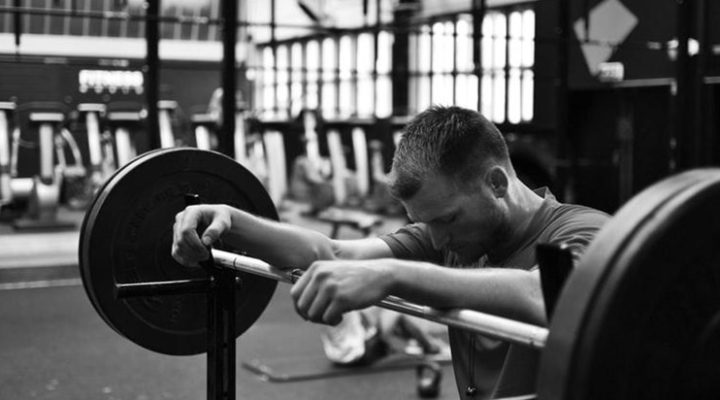
Are you curious to know how sleep and fitness are linked?
I bet this question hasn’t appeared out of the blue. You must definitely have felt some difference in your energy levels on days you were well-rested and times when you were deprived of sleep.
Barring a few people, almost everyone needs a night of good sleep to get the best out of our workouts and exercise routines, the following day. This is why understanding the relationship between sleep and fitness is so crucial.
According to a report by the National Sleep Foundation, people who work out regularly report better sleep than those who don’t. This conclusion was based in a poll conducted in 2013 to examine the relation between sleep and exercise.
As the results were merely based on opinions and perceptions of poll takers, I won’t consider it as scientific-evidence. Further, I have shared a few studies that prove how vital sleep is for fitness and vice versa.
Are Sleep and Fitness Are Related? If Yes, then How?
Yes! Sleep and fitness are directly connected to each other. To understand how this relationship works, you first need to look at what happens when we sleep. Is sleep just a dormant activity? Are we just wasting the one forth of our lifetime engaged in a business that contributes nothing to your life? The answer to the above two questions is “No.”
When we go to sleep at night, the brain springs into action and engages in activities that quintessential for the proper functioning of the body. For instance, it is during sleep that the pituitary gland releases the Growth hormone (GH) or Somatotropin into the body. This hormone is responsible for cell reproduction and regeneration.
Furthermore, the muscles, soft tissues, and other vital body parts involved in a workout session are repaired and patched up during stage 3 or N-REM(non-rapid eye movement) 3 sleep phase. Hence, an athlete who does not get adequate sleep is more likely to be tired and bored the following day. I hope now, things are clear, and you are beginning to understand the inner workings of sleep.
How Getting Better Sleep Will Improve My Fitness?
Since I have already established the fact that sleep and fitness are strongly linked to each other, let us now see how getting better sleep improves your fitness levels. To prove this point, I am going to share a study done by Northwestern University, Chicago, to explore the bidirectional effects of sleep and fitness in women with insomnia.
The researchers of the Northwestern University called upon 11 insomniac female participants. They were asked to engage in 30 min of aerobic exercise, 3 times per week, for the next 16 weeks.
At several phases of the study, sleep quality indicators like total sleep time, sleep efficiency, wake after sleep onset, and fragmentation index were measured using sophisticated equipment.
Upon the arrival of results, the researchers concluded that sleep influences the energy levels of an athlete the next day when he/she engages in a workout or an exercise routine. The participants who sleep for longer duration showed better results during the 30 min of aerobic exercise. Hence, there is sufficient evidence for us to conclude that sleep improves fitness levels.
How Working out Regularly Can Improve the Quality of My Sleep?
Just like a night of restful sleep makes you feel more energetic and motivated the next day, the other way around is also correct. Whether you are into strength training, running, or hiking, regulated physical exertion induces a healthy level of fatigue in you, which helps you fall asleep quicker at night.
A study was done by Northwestern University, Chicago, to assess the effect of exercise on sleep. The researchers asked 23 insomniac participants aged around 55 to take part in 16 weeks of aerobic physical activity. The participants had difficulty falling asleep and were looking for a non-pharmacological cure. Besides, they were also asked to attend sleep hygiene lectures.
After recording several sleep parameters during the entire study, the sleep experts concluded that aerobic physical activity, when combined with sleep hygiene education, can lead to improved sleep quality, mood, and quality of life in an adult person with insomnia. The researchers also noticed a significant diminishment in depressive symptoms exhibited by some participants due to sleep deprivation.
Conclusion
This is how sleep is linked to fitness. I know that a lot of readers will find the points mentioned above valid merely based on their observations and experiences. But now you have research to back up the claims.
Leave a Reply